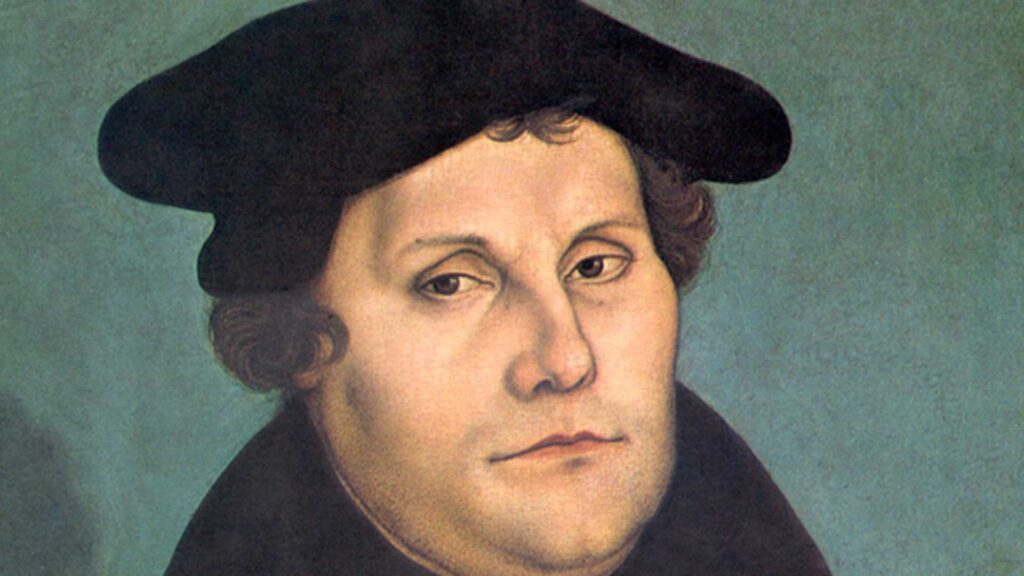
Sabbath and the Protestant Reformation
During the Protestant Reformation, John Eck, a German Scholastic theologian and Catholic prelate, was among Martin Luther’s most vocal theological opponents. Eck taunted Luther with the change of the Sabbath, and the Reformers’ observance of Sunday, as an example of the authority of the church. He wrote, “The Scripture teaches “Remember that you sanctify the day of the Sabbath; six days shall you labor and do all your work, but the seventh day is the Sabbath of the Lord your God,” etc. But the Church has changed the Sabbath into the Lord’s (day) by its own authority, concerning which you have no Scripture. …The Sabbath is commanded many times by God; neither in the Gospels nor in Paul is it declared that the Sabbath has ceased; nevertheless the Church has instituted the Lord’s day through the tradition of the Apostles without Scripture” (Johann Eck, Enchiridion Locorum Communium…Adversus Lutheranos [Venice: Ioan. Antonius & Fratres de Sabio, 1533], fols. 4v, 5r, 42v).
At the same time, Andreas Karlstadt, Luther’s co-worker, spoke doubtfully about the origin of Sunday sacredness. He wrote, “Concerning Sunday it is known that men have instituted it” (Andres Carolstat, Von Dem Sabbath und begotten feyertagen [1524], chap. 4). However, most Reformers observed Sunday without expressing concern over its origin. Some Anabaptists who were ostracized by the Reformers held Sunday to be the pope’s invention and called the elimination of the Sabbath “the devil’s work.”





